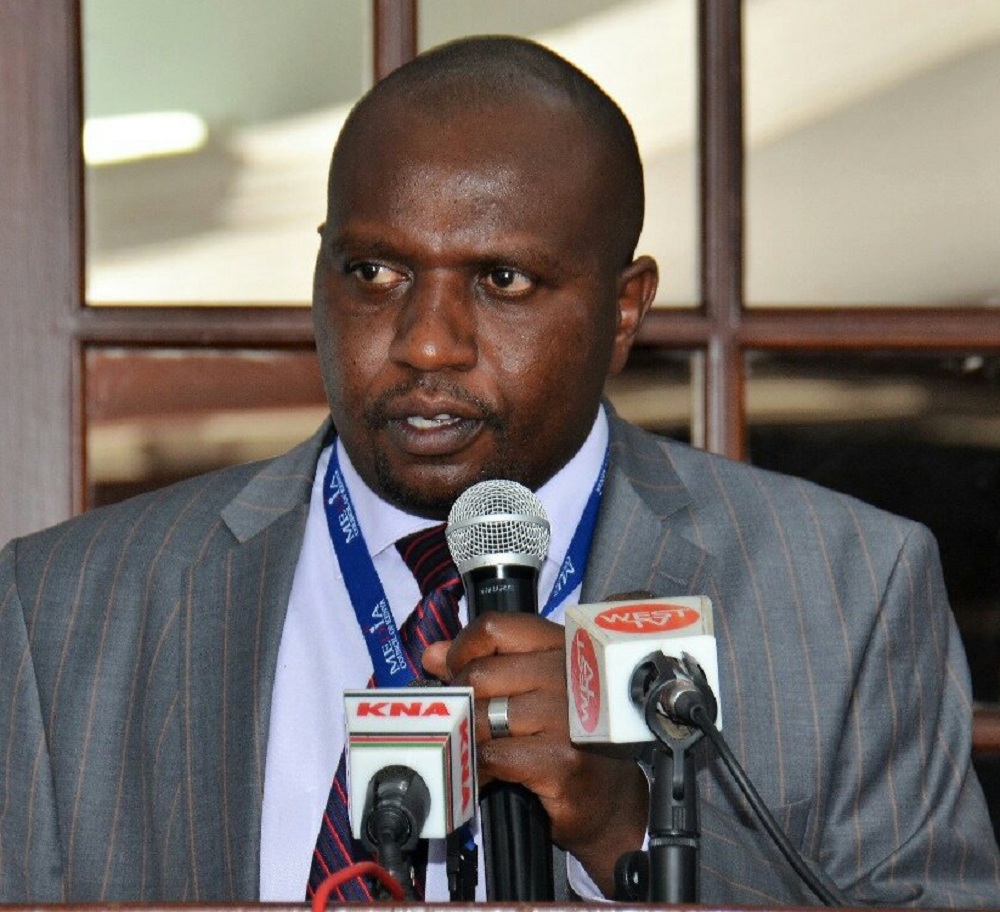The Media Council of Kenya (MCK) has started accrediting journalists and media enterprises for 2020, this time issuing them with smart press cards as the watchdog begins implementing an overhaul of its systems for efficiency.
In a press dispatch issued on Wednesday, the watchdog says it will now need to collect biometric data from journalists to enhance the security of the cards and verification of the holders.
“These changes are in line with MCK’s commitment to overhaul the accreditation process and ensure only bonafide journalists practice and are bound by the Code of Conduct for the Practice of Journalism in Kenya,” read the statement.
As is the norm, accreditation will be valid for one year. Cards issued this year will be valid from January 1, 2020, to December 31, 2020.
Local journalists, freelancers, media practitioners, and trainers will have to part with Ksh2,000 to acquire the smart press card.
Foreign journalists seeking short term accreditation will cough up Ksh5,000 while those seeking the long term press cards will have to splash Ksh10,000.
Student journalists will pay Ksh300 to be accredited.
Conversely, the watchdog says that MCK accreditation will be mandatory for all media entities operating within the country for their broadcast licenses to be renewed by the Communications Authority of Kenya (CA) effective July 1, 2020.
“They are hereby also advised to ensure that their accreditation with the MCK is up to date,” reads the statement.
Accreditation requirements
For one to be accredited as a journalist by the MCK, one needs to be a holder of a Diploma or Degree in Mass Communication/Journalism from a recognized institution of higher learning, practices journalism on a day to day basis and earns a living from the discipline.
Local Journalists
Local journalists are required to apply for accreditation and submit the relevant documents including a letter from the employer, a degree or diploma in communication from a recognized institution and a portfolio of work done either in print, broadcast or digital.
They are also required to produce a clear electronic passport size photograph and a written commitment to abide by MCK’s Code of Conduct for the Practice of Journalism in Kenya.
Freelance Journalists
Non-attached journalists, on the other hand, are required to produce a recommendation from the media enterprises he has worked or is working for where applicable, letter of recommendation from institution of internship as well as their academic documents.
The freelancers are also expected to submit a portfolio of work done either in print, broadcast or digital and a clear electronic passport size photograph.
Media Practitioners
Media practitioners are expected to produce a letter from the employer, academic documents, a portfolio of their journalistic work and a clear electronic passport size photograph.
Student journalists
Student journalists are required to be enrolled in a Degree or Diploma program approved by the council, produce a letter from the head of department of the institution, a valid school Identity Card and a clear electronic passport size photograph.
Rejection of Accreditation Application
If MCK decides to grant accreditation, it issues the applicant with a press card immediately bearing his photograph and signature.
If the council decides to deny accreditation, it notifies the applicant in writing of its decision as soon as practicable but not later than fourteen days from the date of submission of the application, stating the reasons for the denial.
Any applicant aggrieved by the decision of the council on an accreditation application may appeal to the complaints commission within 30 days from the date of the receipt of information relating to such denial.
In the event, the council has to make clarification prior to issuance of the accreditation card or has reasonable grounds not to immediately issue the accreditation such clarification is made within 14 days.
Withdrawal of Accreditation
A journalist’s accreditation is withdrawn when their press card expires, when a journalist is dismissed from the service of a media enterprise, when a journalist violates the Media Council Act 2013, rules, guidelines or orders or when MCK establishes that accrediting the journalist is against public interest.


![An ATM. Customers should be careful when opening, operating bank accounts since third-party costs related to digital transactions and unexplained debits may not always be explained. [Photo/BT]](https://businesstoday.co.ke/wp-content/uploads/2016/08/KCB-ATM-150x150.jpg)










Leave a comment